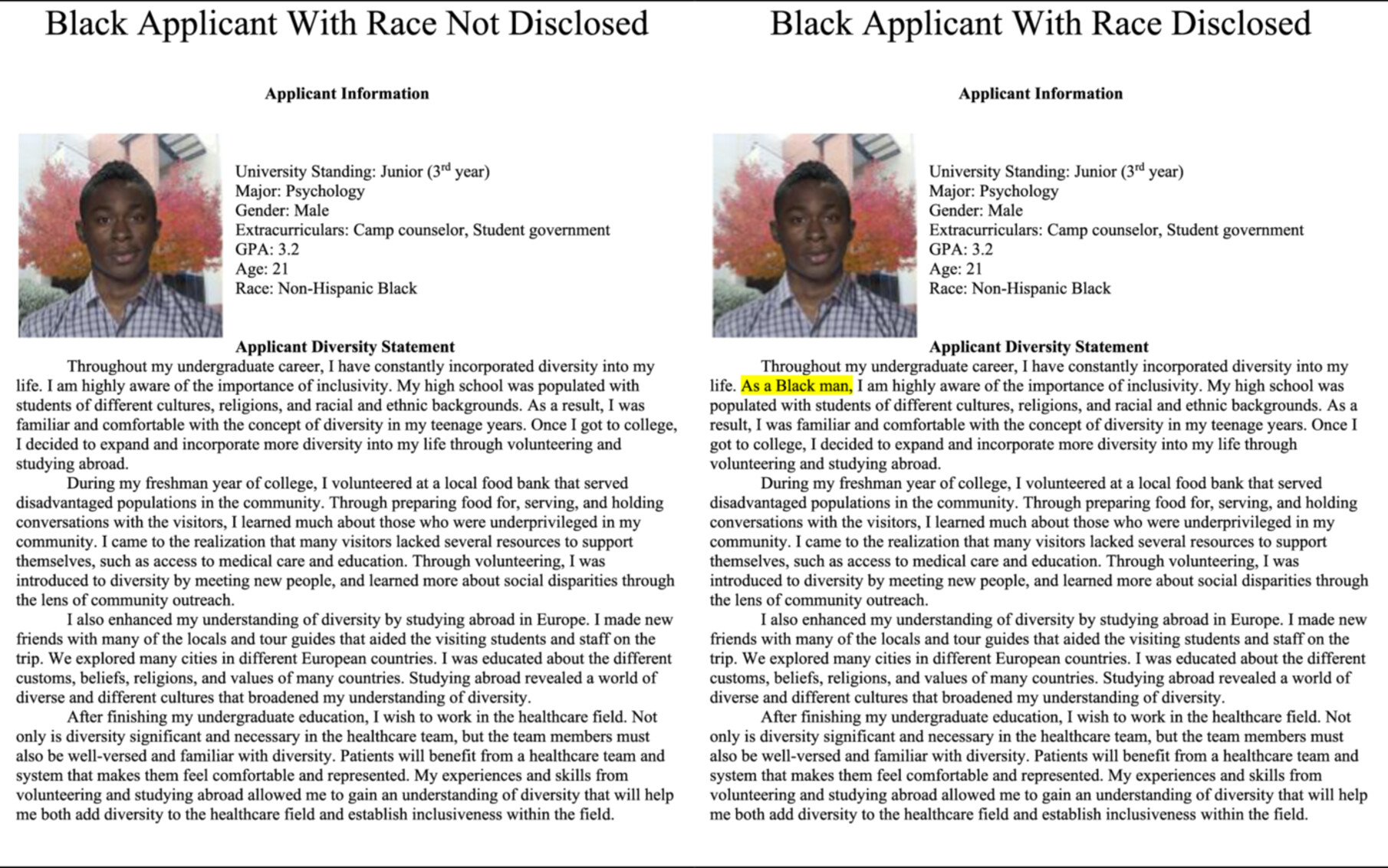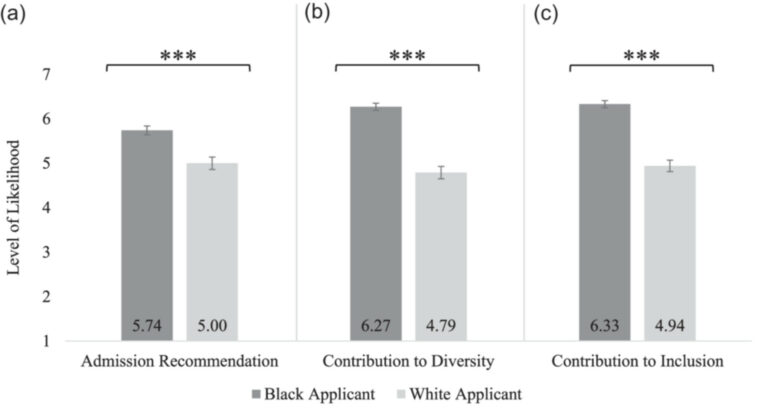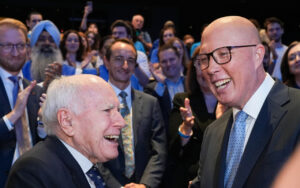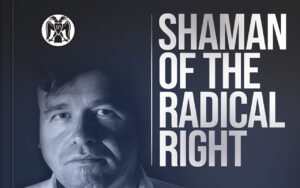White evaluators of diversity statements are more likely to recommend Black applicants for university admission, and see them as more egalitarian and better placed to contribute to an organisation’s DEI initiatives, a new study has shown.
American researchers said their findings, recently published in the Journal of Applied Social Psychology, highlighted flaws in the personal diversity statement evaluation process, which is commonly used at US colleges and universities.
The results, replicated in three studies, found that White evaluators consistently favoured Black candidates, regardless of whether race was explicity disclosed in an application.
“Evaluators were more likely to recommend Black applicants for university admission, perceived Black applicants to be more likely to contribute to diversity, and perceived Black applicants as more likely to create an inclusive environment for other minority students,” the authors wrote.
In the first study White participants randomly evaluated one of four diversity statements identical except for images and race disclosures.
The second study aimed to examine the impact of race disclosure by using the same format but with subtle and strong disclosures of race in each statement.
Researchers then conducted a third study with an added “race centrality” dimension including statements where race was stated as of personal importance to the identity of the applicant.
Study 3 also tested participants’ individual beliefs about whether Black people are more inherently committed to diversity and inclusion.

“Consistent with Studies 1 and 2, Study 3 supported the hypotheses that evaluators perceive Black applicants as more internally motivated than White applicants, and White applicants as more externally motivated than Black applicants,” the study found.
“Additionally, our findings replicated the main effects of race on the other dependent variables.”
The authors said the results could be explained by “prior research demonstrating that White people tend to react positively in intergroup interactions by overcorrecting their biased responses in attempts to appear nonprejudiced toward the minority group”.
“Although the White and Black applicants had identical diversity statements, participants believed that Black applicants were higher in internal egalitarian motivation simply due to their race.
“This belief was particularly robust among participants with greater endorsement of diversity and inclusion essentialism.”
The researchers concluded that application materials should be submitted and reviewed anonymously, warning that doing otherwise could result in Black students being “overburdened”.
“Viewing Black applicants as more committed to egalitarianism compared to White applicants could serve as a mechanism to justify overburdening Black individuals with an institution’s diversity and inclusion initiatives rather than holding Whites responsible for advancing these efforts,” they wrote.






















